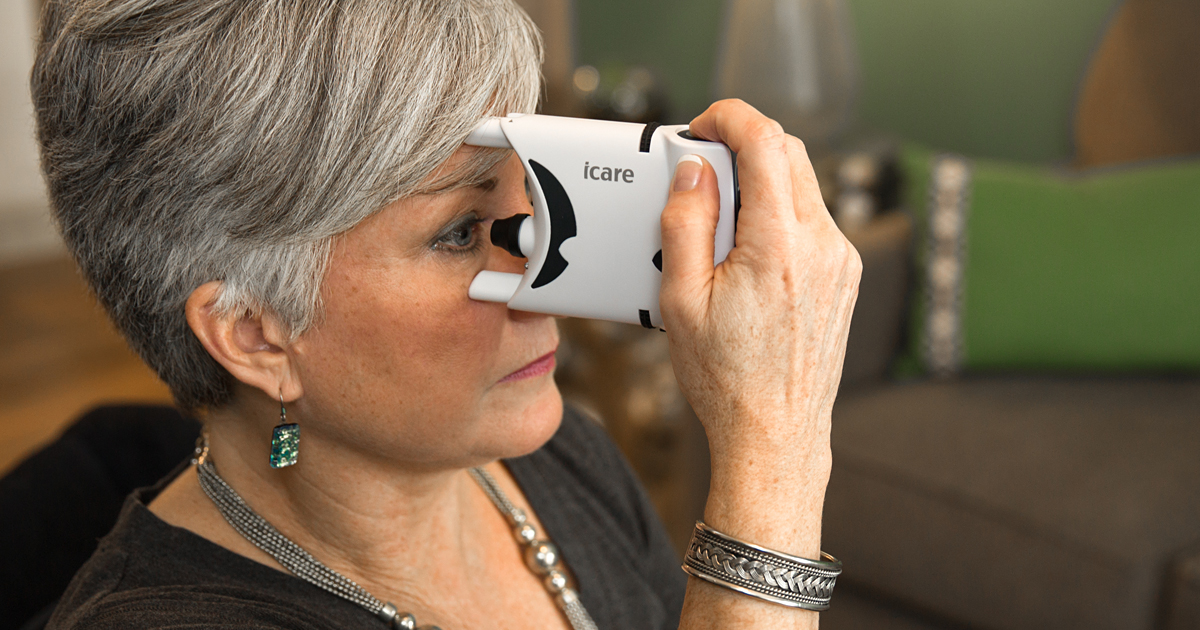What Causes Night Blindness (Nyctalopia)?
Glaucoma

Glaucoma is an eye condition that damages the optic nerve over time. The condition often correlates with a buildup of pressure within the eye. Though it often runs in families, glaucoma might not begin or show symptoms until later in an individual's life. When there's increased pressure within the eye, the optic nerve, the nerve responsible for transmitting images to the brain, becomes damaged. When the damage continues without being treated, it can lead to complete vision loss. Open-angle glaucoma is the most common and occurs when the eye's drain structure is normal, but fluid doesn't drain the way it's supposed to. With angle-closure glaucoma, there's a narrowing of the eye's drainage structure that leads to increased pressure. This type of glaucoma is more commonly seen in Asia than in Western countries. Glaucoma's initial symptoms include night blindness and seeing 'halos' around light sources. There may also be narrowing vision and eye pain, along with potential nausea.
Get more details on what can cause night blindness now.